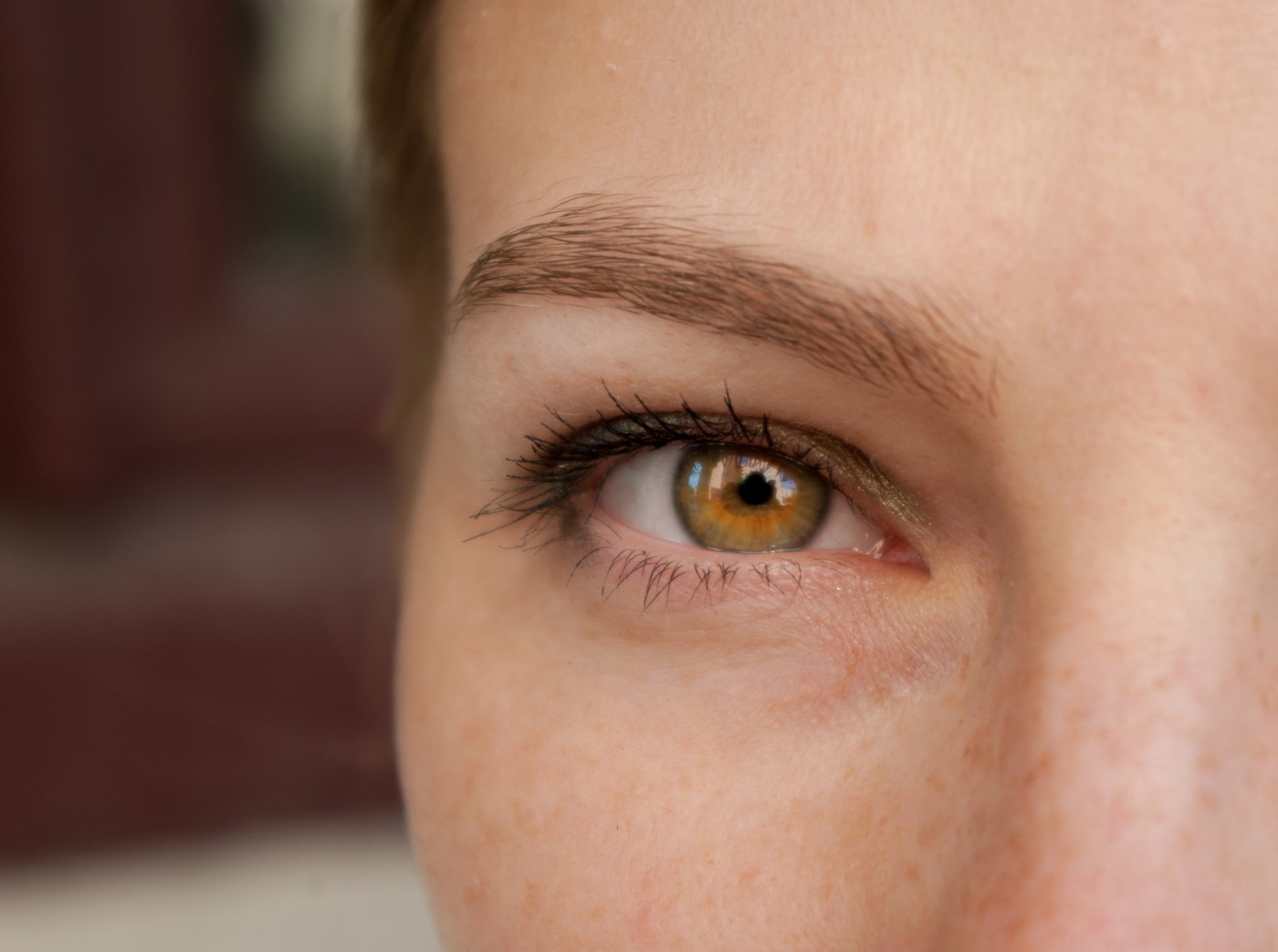NeuroVision’s $10M in Financing to Support Potential Approach to Detecting Alzheimer’s Using Retinal Imaging
Written by |

NeuroVision Imaging has raised $10 million in new funding through a Series B financing round, led by a $5 million investment from Wildcat Capital Management. The funds will support NeuroVision’s research on retinal imaging technology, a potential new approach to amyloid detection in Alzheimer’s disease (AD).
A particular hallmark of Alzheimer’s is the buildup of amyloid beta plaque in the brain. Today, physicians use positron emission topography (PET scans) and cerebrospinal fluid analysis to detect amyloid for clinical trials and to diagnose Alzheimer’s disease. However, these scans are invasive, difficult, and expensive for clinical trial recruitment, as well as impractical for routine screenings, disease monitoring procedures, and regular evaluations of how patients are responding to therapy.
The eye’s retina (the structure that controls how we perceive light) is a developmental outgrowth of the central nervous system (CNS). A research team led by Keith L. Black, M.D., and Maya Koronyo-Hamaoui, Ph.D., at Cedars-Sinai Medical Center in Los Angeles found that amyloid beta plaque accumulating in the brain also builds up in the retina and shares similar plaque structure, among other shared features. These shared characteristics enable the potential of retinal imaging for amyloid detection in Alzheimer’s disease.
Wildcat’s support of NeuroVision will continue as the company searches for advanced validation and regulatory approval for its retinal imaging technology relating to the early detection and monitoring of amyloid pathology for Alzheimer’s disease. NeuroVision holds exclusive worldwide license rights to this technology, owned by Cedars-Sinai.
“This agreement is an important milestone in the continued development of NeuroVision’s technology,” said NeuroVision CEO Steven Verdooner in a press release.
Verdooner also announced that Leonard Potter, Wildcat’s president and chief investment officer, was appointed to NeuroVision’s board of directors. “We will benefit greatly from his experience with therapeutic and diagnostic startups as well as his insights and expertise in the world of investment and finance,” Verdooner said.
“NeuroVision is putting together an impressive scientific track record and garnering the attention of other organizations dedicated to finding answers to the threat of Alzheimer’s disease, which often is likened to a developing tsunami,” Potter said. “I’m happy to become personally involved in the future of the company and I look forward to the advancements that may be possible through our financial support.”





